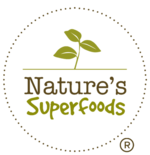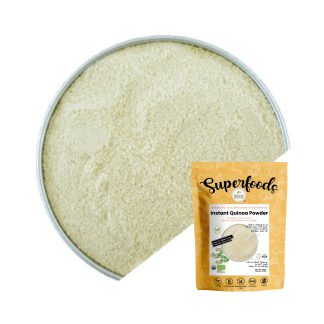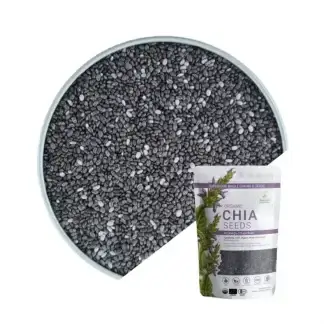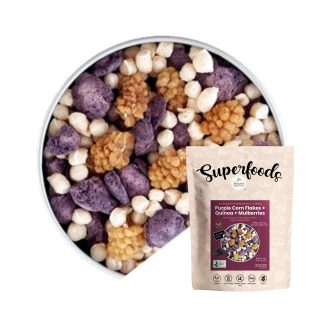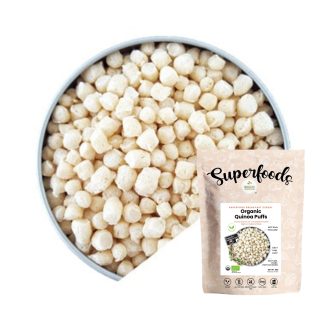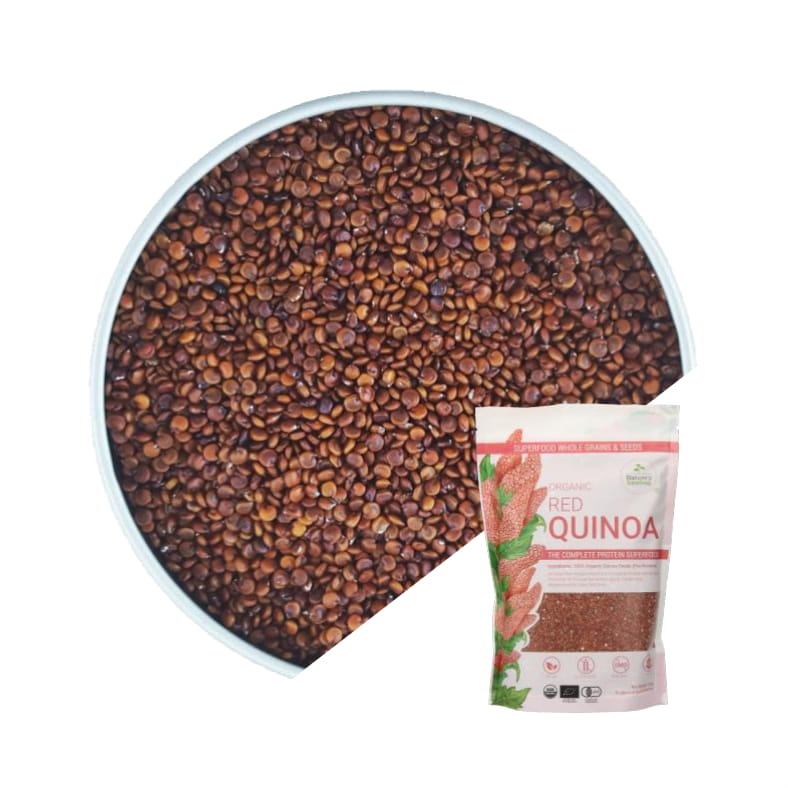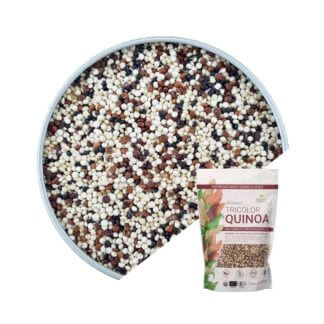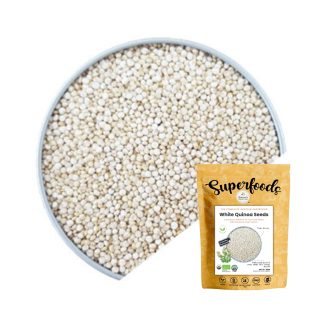-
No products in the cart.
Eczema
Eczema is a chronic skin disorder that affects the quality of life. Although the cause of eczema has not been clearly demonstrated, it is believed that it is attributed to a mixture of epidermal barrier dysfunction, environmental factors and immune dysregulation. For treatment, many individuals require multiple topical medications, where some even require medications to suppress the immune system. Given the chronicity of the disease and the potential side effects of topical medications, there is growing interest in alternative therapies for the treatment of eczema.
In recent years, there is a growing interest in “natural” eczema therapies or dietary modifications that are perceived to be lower in risk than conventional therapies. In this article, we will be reviewing some of the popular alternative therapies that have received increasing interest from patients and researchers.
Prebiotic
As allergy-prone individuals are generally lacking in healthy intestinal microflora, it is observed that consuming prebiotics (i.e. foods or supplements that can selectively stimulate the growth and/or activity of non-pathogenic colonic bacteria) can help to convey allergy-protective effects by improving immunity.
Prebiotics are often in the form of oligosaccharides. These may occur naturally in high quantities (e.g. breast milk, asparagus, sweetcorn, artichokes, yacon root syrup) or may be added as dietary supplements to foods, beverages, and infant formula. In a particular research, it is observed that consumption of prebiotics helps to alleviate SCORAD index (i.e. clinical tool to assess the extent and severity of eczema) in children with eczema.
Omega-3
There are two general types of polyunsaturated fats, which include Omega-3 and Omega-6 fatty acids. Though both polyunsaturated fats are beneficial for health, it is observed that a higher Omega-3:Omega-6 ratio can modulate the development of allergic disease. Aside from fish oil, Omega-3 can also be found in plant-based foods such as chia seeds, chia seed oil, sacha inchi seeds, sacha inchi seed oil, etc.
Vitamin D
Research has indicated a possible link between Vitamin D deficiency and eczema. Based on epidemiology studies, higher prevalence of eczema is associated with higher geographic latitude, which correlates to less sun exposure and therefore the possibility of less vitamin D production. Based on a research, it was observed that individuals given with Vitamin D (1600 IU cholecalciferol) has an improved SCORAD as compared to individuals given with placebo.
However, though there are studies which suggested that Vitamin D supplementation is beneficial for individuals with eczema, more high-quality evidence is required before recommending Vitamin D supplementation for the treatment of eczema at the moment.
Conclusion
Though there isn’t a single diet that can eliminate eczema in everyone, a good rule of thumb is to avoid any food that may trigger/aggravate the symptoms (e.g. peanuts, cow’s milk, eggs, wheat, soy, seafood and shellfish) and consult your doctor to confirm if you are really sensitive to the food.
Focus on a healthy balanced meal filled with a variety of unrefined carbohydrates (e.g. quinoa, brown rice, oats, etc), fresh fruit and vegetables, good fats and lean protein. These may not only help to minimize the flare-ups of your eczema, but also improve your health.
References
- Schlichte, M. J., Vandersall, A., & Katta, R. (2016). Diet and eczema: a review of dietary supplements for the treatment of atopic dermatitis. Dermatology practical & conceptual, 6(3), 23–29.
- Shibata R, Kimura M, Takahashi H, et al. (2009). Clinical effects of ketose, a prebiotic oligosaccharide, on the treatment of atopic dermatitis in infants. Clin Exp Allergy. 2009;39(9):1397–403
- Palmer DJ, Sullivan T, Gold MS, et al. (2013). Randomized controlled trial of fish oil supplementation in pregnancy on childhood allergies. Allergy. 2013;68(11):1370–6
- Amestejani M, Salehi BS, Vasigh M, et al. (2012). Vitamin D supplementation in the treatment of atopic dermatitis: a clinical trial study. J Drugs Dermatol. 2012;11(3):327–30
- Katta, R., & Schlichte, M. (2014). Diet and dermatitis: food triggers. The Journal of clinical and aesthetic dermatology, 7(3), 30–36.
Browse Superfoods to Help Eczema Conditions
Showing all 7 results
-
Organic Instant Quinoa Powder
$14.00 View More -
Organic Premium Black Chia Seeds
$11.90 – $22.90 View More This product has multiple variants. The options may be chosen on the product page -
Organic Purple Corn-Quinoa-Mulberries Cereal Mix
$12.99 View More This product has multiple variants. The options may be chosen on the product page -
Organic Quinoa Puffs
$6.95 – $19.90 View More This product has multiple variants. The options may be chosen on the product page -
Organic Red Quinoa Seeds
$9.90Out of stock
View More This product has multiple variants. The options may be chosen on the product page -
Organic Tricolor Quinoa Seeds
$9.95 – $17.95 View More This product has multiple variants. The options may be chosen on the product page -
Organic White Quinoa Seeds
$9.90 – $17.90 View More This product has multiple variants. The options may be chosen on the product page
Showing all 7 results
